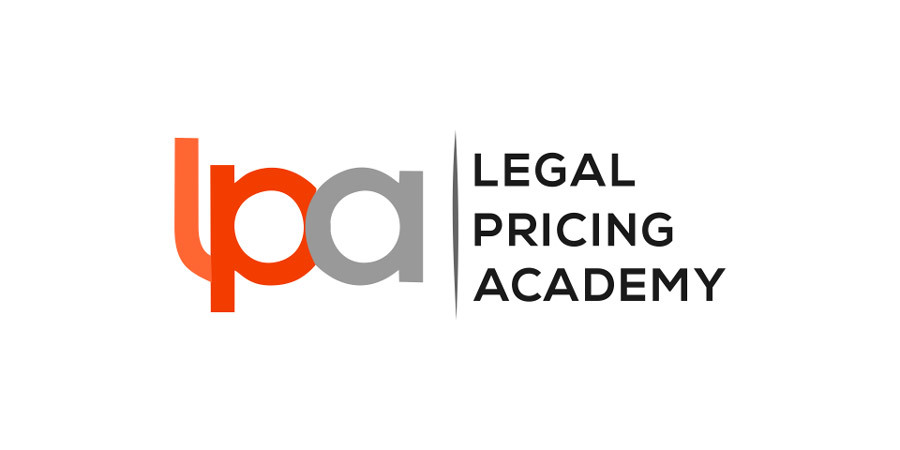Many lawyers don't appreciate that failure to keep the client informed, patronising and condescending engagement with the client, tardiness and general unresponsiveness are the genesis of most fee complaints.
When is a fee complaint not a fee complaint?
Based on our research and my experience as a Law Society cost assessor for 25 years, we know for a fact that the vast majority of fee complaints have little if anything to do with the amount of the fee. Client dissatisfaction can run the full spectrum of failing to return phone calls, inaccessibility, failure to keep the client informed, patronising and condescending engagement with the client, tardiness and general unresponsiveness through to manifestly wrong adviceand negligence. Contrary to popular belief, it is the ‘service’ deficiencies that are in fact the genesis of most fee complaints.
Even relatively sophisticated clients often lack the ability to concisely articulate their grievance so that the practitioners’ bill becomes a lightning rod for the clients’ general dissatisfaction. This can result in a completely erroneous focus on the amount of the bill when in fact the explanation for the complaint lies elsewhere.
Clients do not tend to approach their lawyer with the observation that; “I confess to being disappointed with the service levels I've received. Whilst the legal advice has been sound and reliable, the service proposition has been wanting. This has manifested itself in things like lack of regular progress reports and an inability to get past your receptionist. We need to talk about these issues.” As if!
No, that is not generally what happens. It's more usually along the lines of; “You’re a rip-off; I want a discount!” And let me acknowledge, the clients request may well be a reasonable one if in fact they have been let down seriously. For reasons that aren’t clear to me, I have observed that many firms would rather discount their fees to address client dissatisfaction rather than put the same amount of time, effort and cost into ensuring that their service levels are stellar.
So, let me get this right...?
I recall a very typical conversation at a cost assessment hearing which perhaps illustrates the point;
Me: So Mr Smith, you have complained that your lawyers’ fee is too high. Can you tell me why you feel that it is too high and what you think the fee should be?
Client: Because they are rubbish, they don't look after you and sometimes they are just downright rude.
Me: What about the quality of the legal advice that you received?
Client: Oh, that was fine, they are really good on the technical stuff but their ‘bedside manner’ is rubbish.
Me: So you feel that the fee should be reduced because of this; what you think the fee should be?
Client: I don't know. I have no idea what it should be.
Me: But you have said that the fee is too high so I imagine that you have some idea of what you think it should be?
Client: No, I don't know what it should be. I just know that the service was lousy.
Me: So, although you are completely satisfied with the quality of the legal advice, you are seeking a discount because of what you perceive to be poor service?
Client: Yes!
Me: If the level of service provided by your lawyer matched the quality of the legal advice, you would have been happy with the fee?
Client: Yes of course, obviously! (spoken with a tone that suggests that I am dense for not having grasped the point much sooner).
It's all about the client experience!
A recent Jason Blumer blog noted;
"It’s a little known secret that you can charge not only for your creative work, but for the client experience around the work you deliver. In essence, you can price things that have nothing to do with [legal advice], but have everything to do with the experience your client encountered throughout the process of engaging with you on their project.
Clients will pay more for your work when you deliver the end result with some well-designed client experiences wrapped around the whole process. This injects value, and when you inject value, you can price your services higher. Strategy in pricing means creating something creatively that you can charge more for."
There are many strategies that a firm can deploy to cope with the increasingly competitive marketplace, the rationalisation of the profession and the inroads of alternative providers. Intelligent and sophisticated pricing strategies coupled with a stellar service proposition is one of the easiest and most effective ways to retain margins.
Quality of legal advice, other than at the highest and most specialised levels has ceased to be a point of differentiation, if indeed it ever was. As the delivery of legal services becomes increasingly commoditised, streamlined and process/technology driven, the lawyers that will steal market share from their competitors are those that are capable of amongst other things, distinguishing themselves with differentiated service offerings coupled with differentiated pricing strategies.

